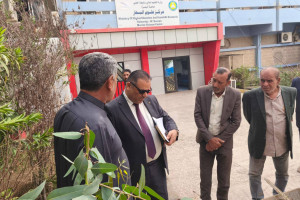
The Marine Sciences Center at the University of Basra held a course on (Classification of Waters Accompanying Oil Accumulations). Which is part of the Marine Science Center's continuing education courses
The course included a research paper presented by Prof. Daoud Salman Banai from the Department of Marine Sedimentology entitled (Geological storage of carbon in the Mishrif Formation in the Rumaila oil field.)
The research aims to reduce the impact of greenhouse gases on the environment by storing carbon dioxide (CO2) underground, as it contributes to monitoring global temperatures and reducing changes in climate.
In this research, a precise analysis was carried out using information about rock compositions and petrophysical properties in different wells. A temperature, pressure and density chart was used to estimate the density values of carbon dioxide.
The study concluded that storing carbon dioxide in the Mushrif formation in the Rumaila field is possible and safe. This finding is crucial to mitigating climate change.
The reservoir's CO2 storage capacity was calculated theoretically using the DOE-NETL equation for deep saline geological formations.
These results reinforce that carbon dioxide can be stored in the Mushrif formation.
This finding provides a practical basis for future research and investment in this area.
The possibility of storing carbon in the Mushrif formation could revolutionize our approach to mitigating climate change on a global level.
This research is also important because of its contribution to the countries of the developed world in combating climate change, and this confirms the importance of this study.
Department of Media and Government Communications




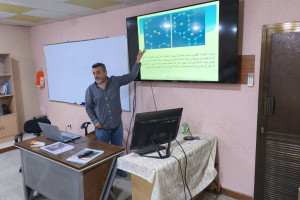
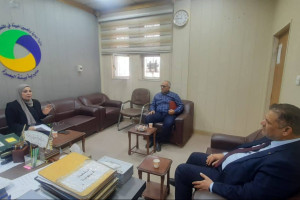
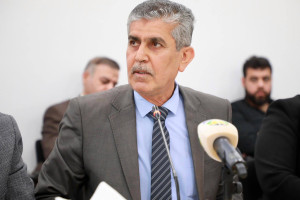
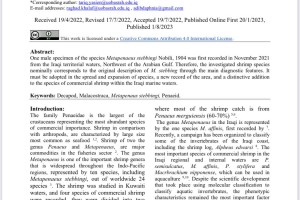
.jpg)
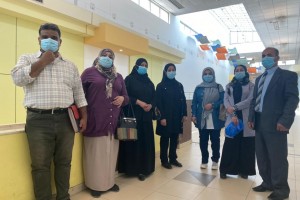
.png)